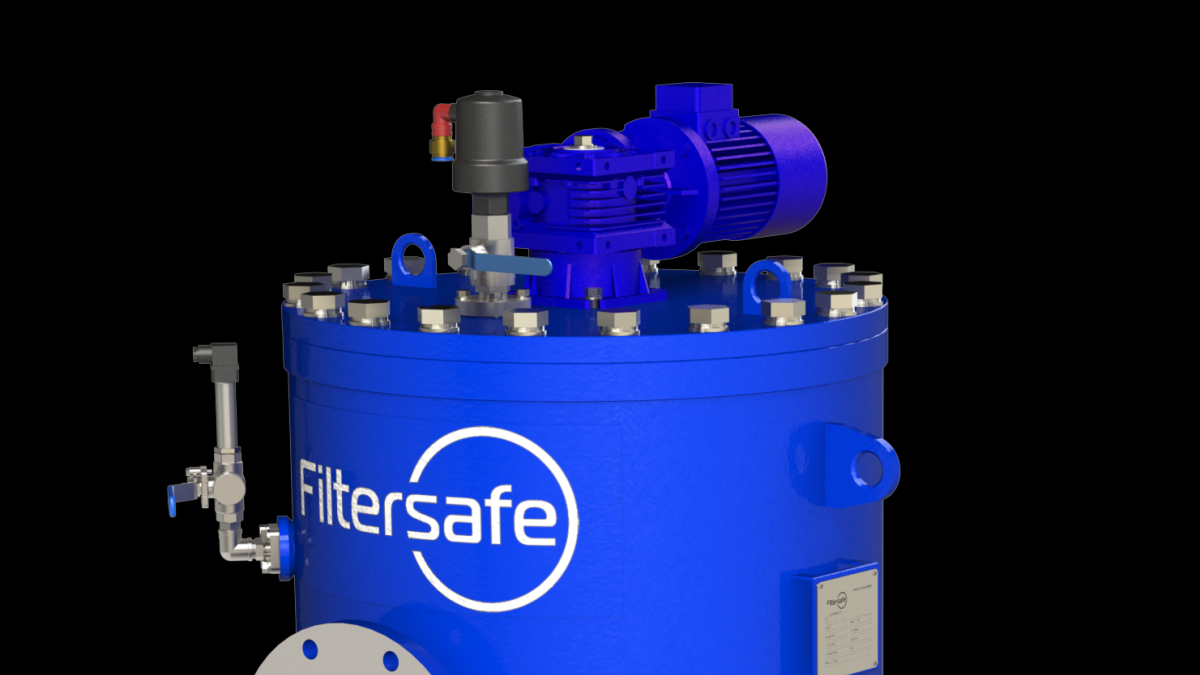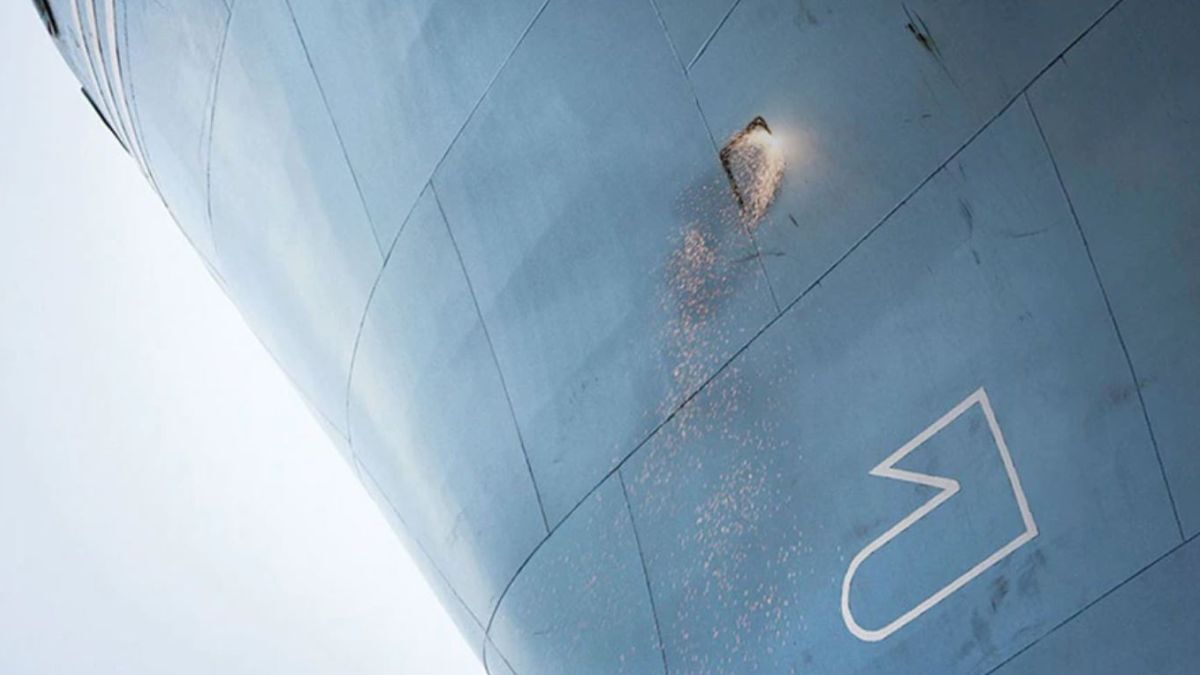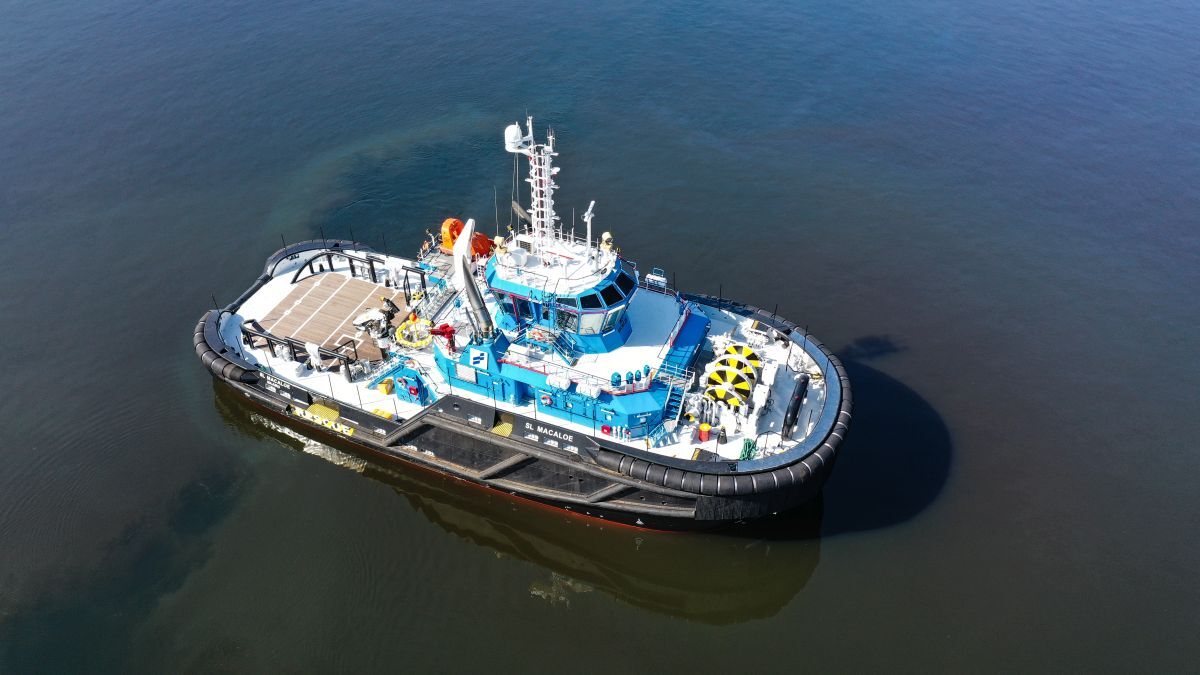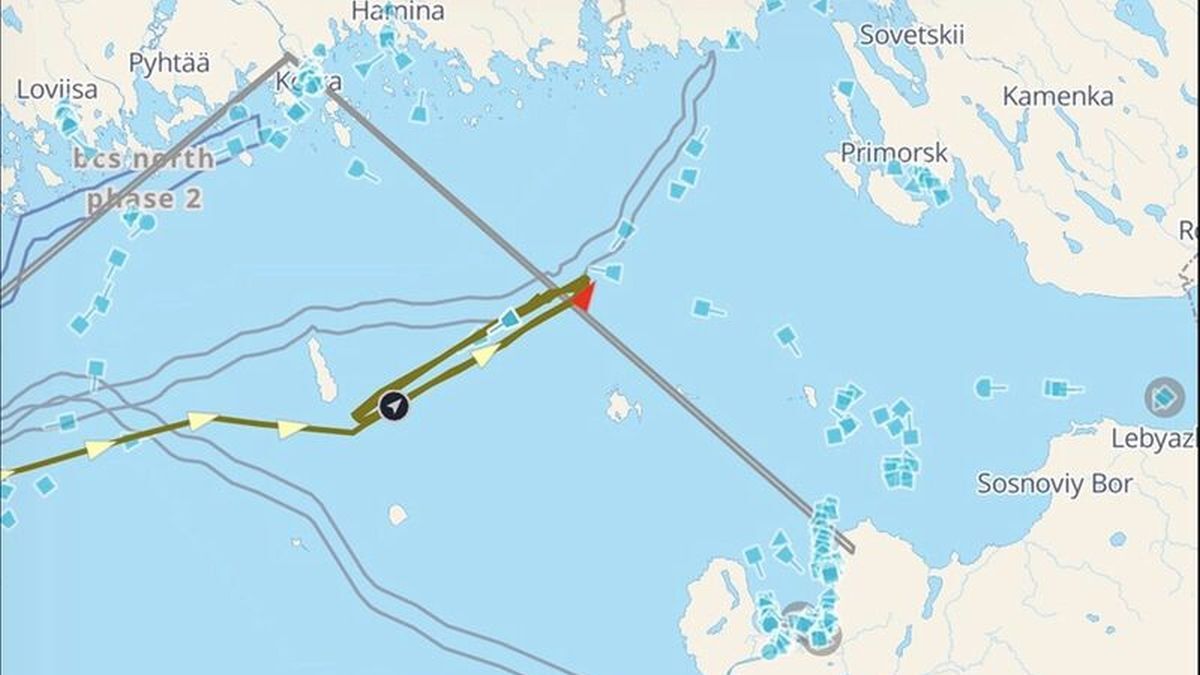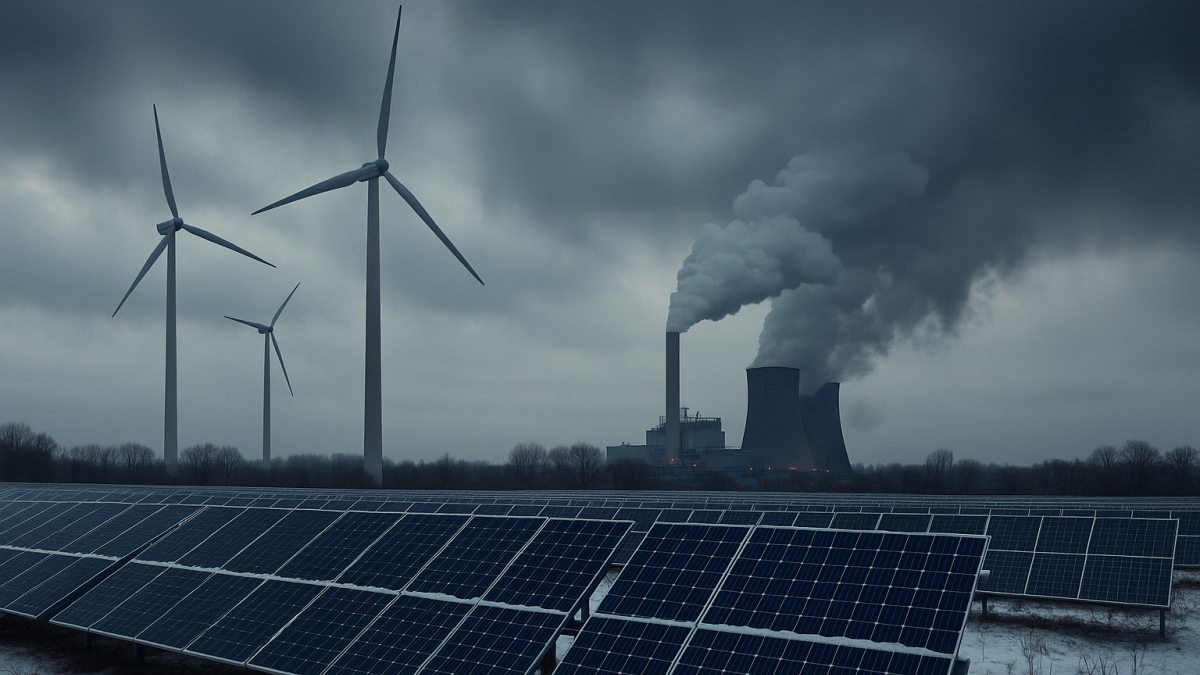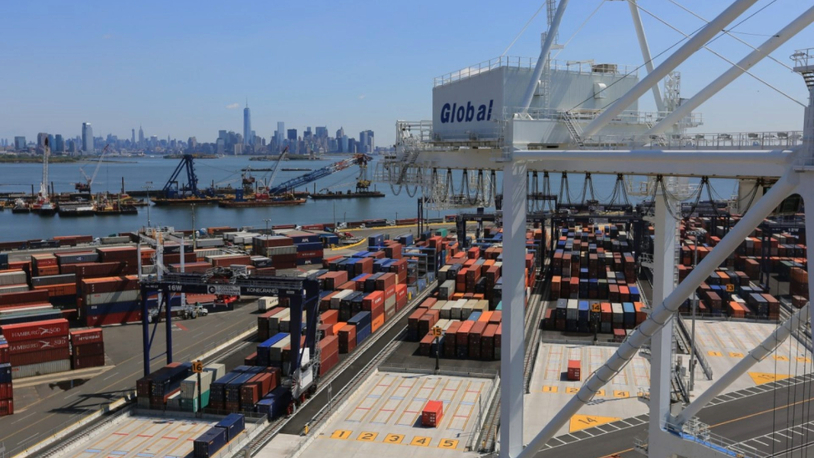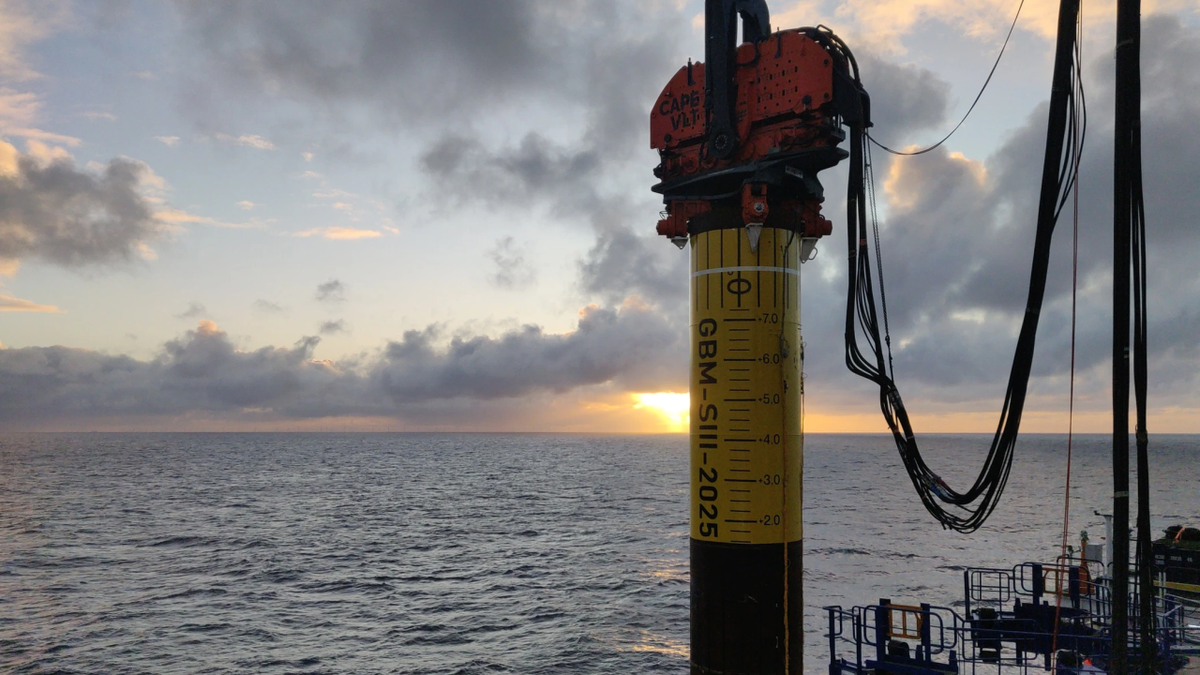Business Sectors
Events
Contents
Register to read more articles.
Academic research propelling ballast water treatment forward
Recent academic research introduces new technologies and methodologies in ballast water treatment, aiming to meet stringent environmental and regulatory standards
The treatment of ballast water is a critical issue in the maritime industry, with significant implications for environmental protection and regulatory compliance. In the past year, several academic papers have made notable contributions to this field, offering new technologies, economic analyses, regulatory insights and comprehensive surveys.
A comprehensive review published by O Melnyk, S Onyshchenko, O Golikov, S Onyshchenko and K Obertiur from the National University of Shipbuilding, Ukraine, highlights the integration of advanced filtration systems, ultraviolet (UV) radiation, and chemical treatments to enhance the efficacy of ballast water management. "The integration of UV radiation and advanced filtration systems has shown promising results in neutralising invasive species, making these methods highly effective in compliance with international standards," notes the study.
Economic analyses have also played a crucial role in evaluating the feasibility of various ballast water treatment strategies. A study focusing on major Chinese port clusters by H Jiang, J Lu, and Y Zhang from Shanghai Maritime University provides a comprehensive cost-benefit analysis, demonstrating the long-term economic benefits of adopting advanced treatment technologies. According to the study, "Investing in advanced ballast water treatment systems not only ensures compliance with international regulations but also offers significant economic advantages in the long run."
Compliance with International Maritime Organization’s (IMO) Ballast Water Management Convention remains a significant challenge for many shipping companies. A paper by S Danilyan, N Bykovets, and N Tiron-Vorobyova from the Odessa National Maritime University delves into the obstacles and potential solutions for meeting these stringent requirements. The authors argue that optimising existing treatment systems and adopting new technologies are crucial steps toward achieving full compliance. They stress, "Continuous improvement and technological upgrades are essential to meet the evolving standards of the IMO Ballast Water Management Convention."
Mechanical separation systems have also seen significant advancements. A recent publication by A Olsen and P Rossi Ciampolini in Ballast Water Treatment and Exchange for Ships (2024) explores ballast water management systems that utilise mechanical separation. The study outlines the provisions these systems must comply with and highlights the importance of managing pressure loss across the systems during normal operating conditions. The authors note, "Mechanical separation systems must be optimised to ensure minimal pressure loss while maintaining high efficiency in treating ballast water."
Another innovative approach in ballast water treatment is the use of advanced electrode systems. A study by Y Zhang, J Guo, J Ding, C Li, and Q Zhao in Separation and Purification Technology (2024) investigates the efficacy of a Ti4O7 membrane electrode for ballast water treatment. This research compares the disinfection effectiveness of a Ti4O7 membrane electrode system in both flow-by and flow-through modes with a traditional Ti/RuO2-IrO2 electrode. The findings indicate the Ti4O7 system exhibits significant potential for enhancing ballast water treatment efficiency. "The Ti4O7 membrane electrode system developed in this study shows promising potential for improving the disinfection effectiveness of ballast water treatment processes," the authors concluded.
Looking at the academic papers released in the last 12 months suggests a growing emphasis on integrating cutting-edge innovations with existing systems. Future research will likely focus on enhancing the efficacy and reliability of these technologies while ensuring they remain economically viable and compliant with international regulations. "The integration of new technologies with existing ballast water treatment systems is crucial for advancing the field and ensuring robust environmental protection," notes Mr Melnyk et al.
Sign up for Riviera’s series of technical and operational webinars and conferences:
- Register to attend by visiting our events page.
- Watch recordings from all of our webinars in the webinar library.
Related to this Story
Events
Offshore Support Journal Conference, Americas 2025
LNG Shipping & Terminals Conference 2025
Vessel Optimisation Webinar Week
© 2024 Riviera Maritime Media Ltd.


